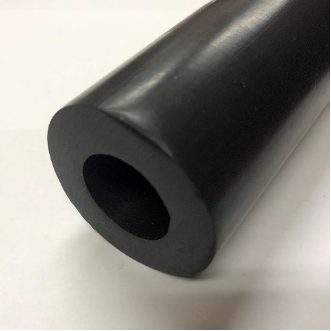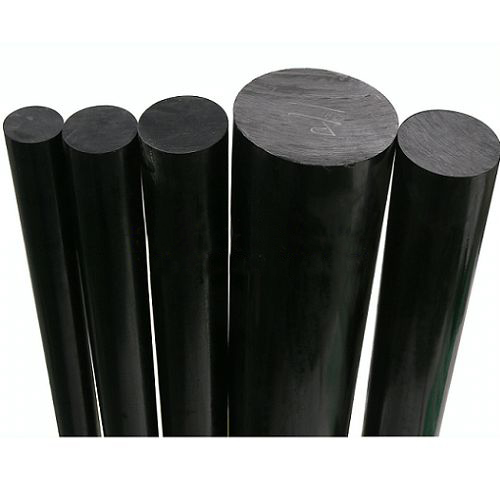Carbon filled PTFE is a composite material created by adding carbon powder or carbon fibers to pure PTFE (Polytetrafluoroethylene) resin. This modification significantly enhances PTFE's mechanical, electrical, and wear-resistance properties while retaining its outstanding chemical and thermal resistance.
One of the key benefits of carbon filled PTFE is its improved wear resistance and dimensional stability. The addition of carbon increases the material's compressive strength and hardness, reducing deformation under load and extending its service life in dynamic sealing and sliding applications. This makes it ideal for components such as piston rings, valve seats, bearings, and rotary seals that experience continuous friction or pressure.

In addition to mechanical improvements, carbon filled PTFE also offers enhanced thermal conductivity and electrical conductivity compared to virgin PTFE. This allows for better heat dissipation in high-speed or high-load environments and provides anti-static or conductive properties needed in certain electronic or chemical processing applications.
Despite these enhancements, carbon filled PTFE maintains PTFE’s exceptional chemical inertness, resisting corrosion and attack by aggressive chemicals, acids, solvents, and gases. It also retains a wide operational temperature range from -200°C to +260°C.

Overall, carbon filled PTFE delivers an excellent balance of strength, wear resistance, thermal stability, and chemical inertness. It is widely used in demanding industries such as automotive, aerospace, chemical processing, and electrical engineering, where both mechanical performance and chemical purity are essential.


